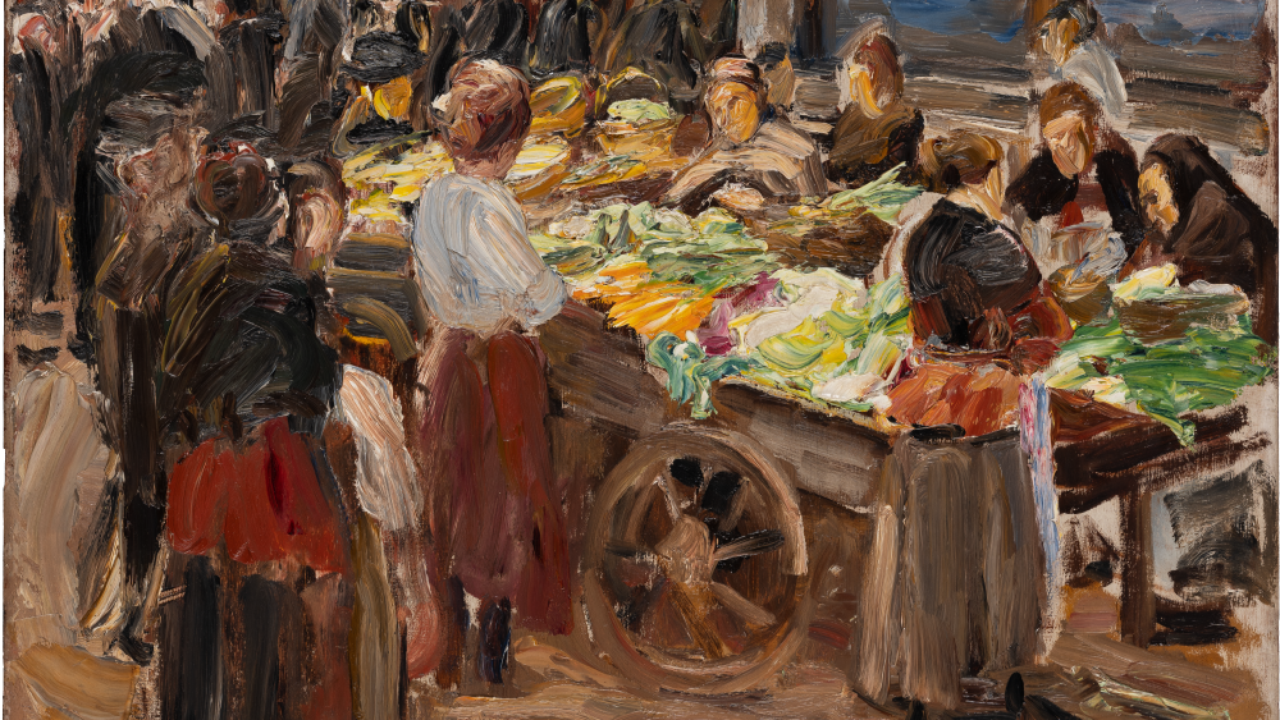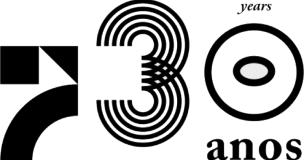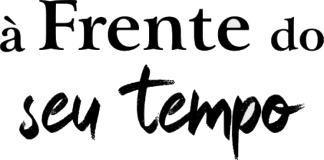Winter Seminars – Street food: feeding the city

EN
The online Winter Seminars – Discussing Long-Term Analysis, organized by CEIS20, returns in 2024 with a session on "Street food: feeding the city", which will take place on March 21 at 4.00pm (GMT - Lisbon).
It will feature Alexandra Livarda (Catalan Institute of Classical Archaeology (ICAC), Spain), with a paper entitled "Feeding the Roman cities: an archaeobotanical approach to tastes and commerce in the Roman provinces", and João Pedro Gomes (Centre for Classical and Humanistic Studies of the University of Coimbra, Portugal) with the title "Feeding the streets: food services in Early Modern Lisbon”.
For more information, please contact us by e-mail winterseminarsceis20@gmail.com
Organization
Dulce Freire, Leonardo Aboim Pires & Mariana Rodrigues – CEIS20
Research Group 8 – Changing Landscapes Long-term lab
Biographical notes
Alexandra Livarda is a researcher at the Catalan Institute of Classical Archaeology (ICAC, Spain) studying human-plant interactions through time. Her current research focuses on the archaeology of food in the Roman and medieval world, as well as Late Bronze to Early Iron Age Aegean agriculture, and the development of new methodological tools for the identification of past agricultural practices combining experimental and computational archaeology. She has published widely on a range of topics from the emergence of agriculture to the development of tastes and food commerce in the historic past. She has also directed or (co)/directed archaeobotanical research in several projects, including some of the most emblematic sites in the Aegean, such as the Little Palace at Knossos, Crete and Lefkandi, Euboea.
João Pedro Gomes is a researcher at Centre for Classical and Humanistic Studies of the University of Coimbra associated with the research project "DIAITA: Lusophony Food Heritage", where he develops research in the areas of Portuguese sweets history, material culture associated with table and kitchen, culinary/ gastronomic literature, as well as social and cultural practices in food context, with special focus on the Portuguese Medieval and Modern Age. He has published articles in several journals as well as book chapters. Holds a PhD (2023) in "Food Heritage: Cultures and Identities" at University of Coimbra, with the thesis "The Portuguese Sweets. Origins of a food heritage (16th to 18th centuries).
PT
Os Winter Seminars – Discussing Long-Term Analysis, organizados pelo CEIS20, regressam em março de 2024 com uma sessão sobre “Street food: feeding the city”, que terá lugar no dia 21 de março, às 16:00h (GMT - Lisboa). Contará com a participação de Alexandra Livarda (Instituto Catalão de Arqueologia Clássica (ICAC), Espanha), com uma comunicação intitulada "Feeding the Roman cities: an archaeobotanical approach to tastes and commerce in the Roman provinces", e João Pedro Gomes (Centro de Estudos Clássicos e Humanísticos da Universidade de Coimbra, Portugal) com o título “Feeding the streets: food services in Early Modern Lisbon”.
Para mais informações, entre em contato connosco pelo e-mail winterseminarsceis20@gmail.com
Organização
Dulce Freire, Leonardo Aboim Pires e Mariana Rodrigues – CEIS20
Grupo de Pesquisa 8 – Laboratório de Longo Prazo em Mudança de Paisagens
Notas biográficas
Alexandra Livarda é uma investigadora do Instituto Catalão de Arqueologia Clássica (ICAC, Espanha) e estuda as interações entre humanos e plantas ao longo do tempo. A sua investigação atual centra-se na arqueologia da alimentação no mundo romano e medieval, bem como na agricultura do Egeu do Bronze Final ao início da Idade do Ferro, e no desenvolvimento de novas ferramentas metodológicas para a identificação de práticas agrícolas passadas combinando arqueologia experimental e computacional. Publicou amplamente sobre uma série de tópicos, desde o surgimento da agricultura até o desenvolvimento dos gostos e do comércio de alimentos no passado histórico. Também dirigiu ou (co)/dirigiu projetos de investigação arqueobotânica em vários projetos, incluindo alguns dos locais mais emblemáticos do Egeu, como o Palácio Menor em Cnossos, Creta e Lefkandi, Eubeia.
João Pedro Gomes é investigador do Centro de Estudos Clássicos e Humanísticos da Universidade de Coimbra associado ao projeto de investigação "DIAITA: Património Alimentar da Lusofonia", onde desenvolve investigação nas áreas da história da doçaria portuguesa, cultura material associada à mesa e à cozinha, literatura culinária/gastronómica, bem como práticas sociais e culturais em contexto alimentar, com especial enfoque na Idade Média e Moderna portuguesa. Publicou artigos em diversas revistas, além de capítulos de livros. Doutorou-se (2023) em "Património Alimentar: Culturas e Identidades" pela Universidade de Coimbra, com a tese "Os Doces Portugueses. Origens de um património alimentar (séculos XVI a XVIII).





